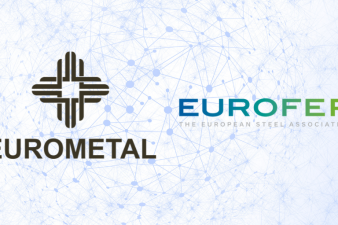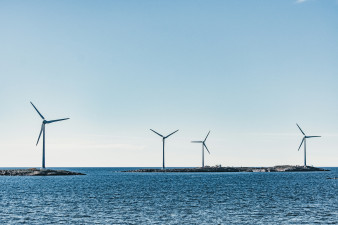Publications » Position papers » Analysis and comments on Commission Draft Delegated Act for technical screening criteria for climate change mitigation and climate change adaptation concerning manufacture of iron and steel
Analysis and comments on Commission Draft Delegated Act for technical screening criteria for climate change mitigation and climate change adaptation concerning manufacture of iron and steel
Downloads and links
Recent updates
On 20 November the European Commission launched a public consultation (duration: 4 weeks) on the first two sets of criteria for determining which economic activities can qualify as environmentally sustainable, under the EU's Taxonomy. These first two sets of criteria included in the published Delegated Act focus on climate change mitigation and climate change adaptation.
The Delegated Act builds on the recommendations of the Technical Expert Group on Sustainable Finance (TEG) formulated in their final report of March 2020. However, the Commission made a number of substantial changes to the calibration of technical screening criteria in order to better align with the requirements for technical screening criteria set out in the Taxonomy Regulation, notably Article 19. The Commission retained criteria that were considered to be consistent with EU legislation, reflect a high level of environmental ambition, promote a level playing field, and be easy for economic operators and investors to use.
Certain additional activities for climate change mitigation and climate change adaptation have been included while some others that need further analysis have been momentarily removed.


